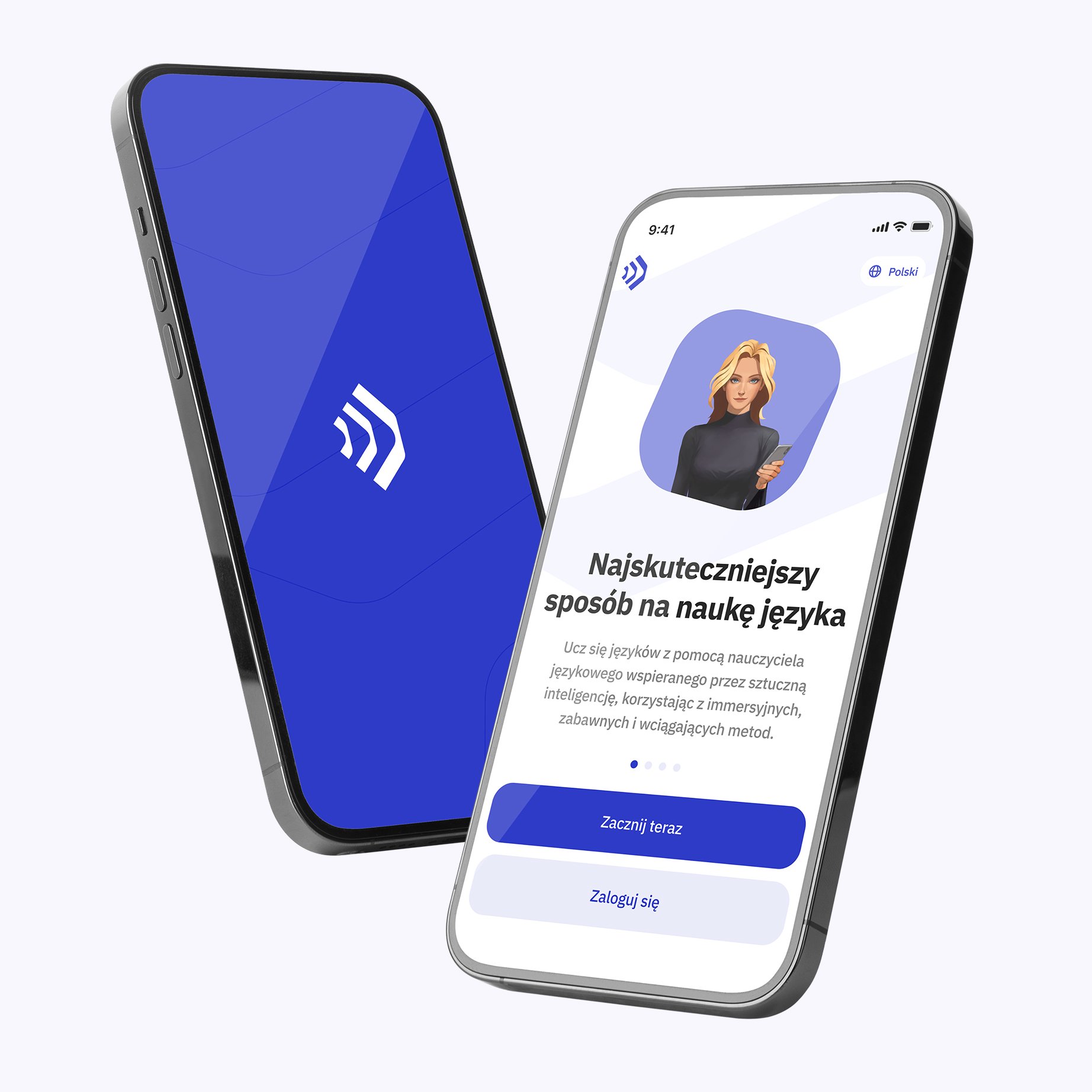Ćwiczenie 1: Proste formy czasu przyszłego (will, going to, present continuous)
2. She *is going to* visit her grandmother next week (plany na przyszłość, „going to”).
3. We *are meeting* them at 6 pm (ustalony plan, present continuous).
4. They *will* help us with the project (przewidywanie lub obietnica).
5. He *is going to* buy a new car soon (intencja, „going to”).
6. I *am flying* to London next Friday (zaplanowany wyjazd, present continuous).
7. She *will* probably be late (przewidywanie z „will”).
8. We *are going to* start the meeting at 9 (plan, „going to”).
9. They *will* not agree with you (negacja w czasie przyszłym prostym).
10. I *am seeing* the doctor tomorrow morning (ustalony plan, present continuous).
Ćwiczenie 2: Czas przyszły ciągły i przyszły dokonany
2. By next month, she *will have finished* the project (czas przyszły dokonany – zakończenie czynności).
3. They *will be traveling* around Europe in July (czas przyszły ciągły – czynność w trakcie).
4. He *will have left* by the time you arrive (czas przyszły dokonany – zakończenie przed inną czynnością).
5. We *will be waiting* for you at the station (czas przyszły ciągły – czynność trwająca).
6. By 2025, I *will have graduated* from university (czas przyszły dokonany – zakończenie w określonym punkcie).
7. She *will be working* late tonight (czas przyszły ciągły – czynność trwająca).
8. They *will have built* the new bridge by next year (czas przyszły dokonany – zakończenie czynności).
9. Tomorrow at 3 pm, I *will be having* a meeting (czas przyszły ciągły – czynność w trakcie).
10. By the time you read this, I *will have left* the country (czas przyszły dokonany – zakończenie przed inną czynnością).










